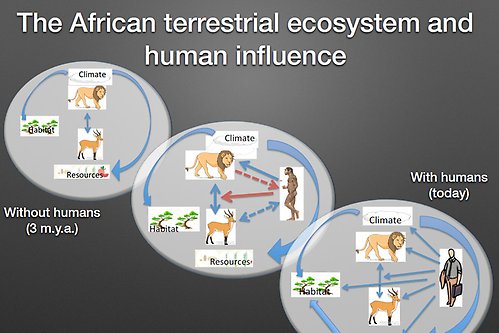Knowledge of early human impact on their environment
Lars is a professor at the museum's department of Palaeobiology:
— My research focuses on evolution, phylogeny, ecology, and conservation of predators, both living and extinct, with a particular emphasis on Africa. I also study the interactions of predators with the human lineage over the past 7 million years, says Lars.
He has conducted research at all levels of abstraction, from describing fossils and new species to phylogenetic analyses and the development of novel ways to study community structure and faunal change. His work has been carried out in collaboration with numerous colleagues worldwide. It has led to new insights into early human impact on their environment and has been funded by the Swedish Research Council.
— I also conduct fieldwork in Africa and am currently a collaborator on the Ledi-Geraru Research Project, which collects fossils, including the oldest Homo from the Afar region in Ethiopia. This work is done in collaboration with the Institute of Human Origins, Arizona State University, and is funded by the National Science Foundation (USA).
Other professional roles
Member of the IUCN Cat and Hyaena Specialist Groups 1990-
Education
BSc Linköping University, 1977, PhD Stockholm University, 1981
Contact details

Lars Werdelin
Professor
Paleontology
lars.werdelin@nrm.se


